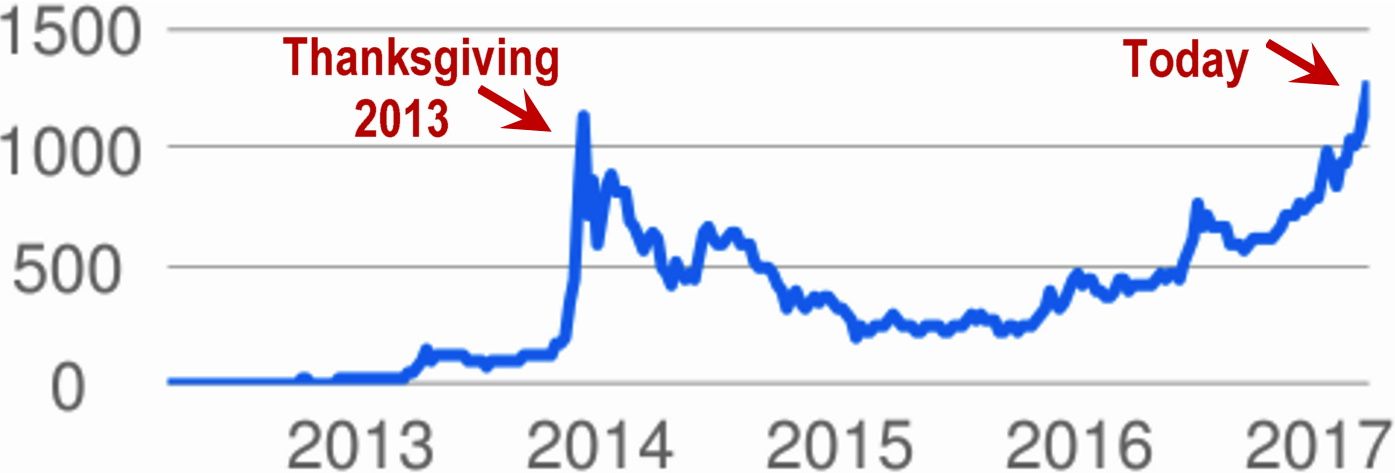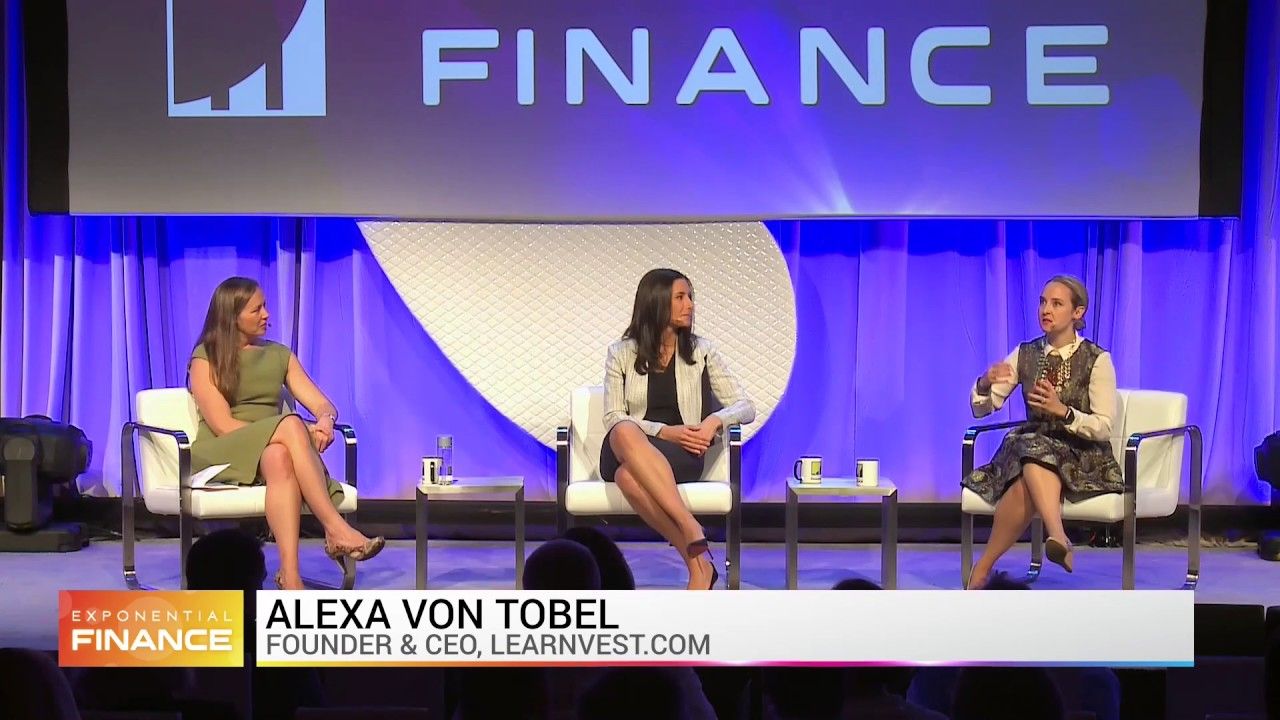Mar 13, 2017
Perspective of a former “Bitcoin Maximalist”
Posted by Philip Raymond in categories: bitcoin, cryptocurrencies
This pundit is very cogent, as he criticizes early Bitcoin adopters and evangelists. He believes that they are too wrapped up in the original blockchain implementation, and that what goes up must come down—or, at least, that the earliest implementation of a new technology cannot adapt and become the durable leader in the field that it launched.
It’s the 15-minutes-of fame argument. But, I disagree! There are plenty of reasons to support, repair and expand Bitcoin—rather than fragment goodwill and abandon and a viable, two-sided network into 3,000 altcoins and blockchain startups.
Still, the author is very very bright and defends his position.

 I use to hate it when my dad insisted that I read something longer than 2 paragraphs. (Something related to his interests, but not to my school work, his career or our family). That’s because it shouldn’t require a 30 minute read to determine if it piques my interest, as it does his.
I use to hate it when my dad insisted that I read something longer than 2 paragraphs. (Something related to his interests, but not to my school work, his career or our family). That’s because it shouldn’t require a 30 minute read to determine if it piques my interest, as it does his.

 development.
development.

 One problem that has made news in the Bitcoin word is the geographical concentration of miners and mining pools.
One problem that has made news in the Bitcoin word is the geographical concentration of miners and mining pools.
 Vukolić started his career as a post-doc intern at IBM in Zurich Switzerland. After a teaching stint as assistant professor at
Vukolić started his career as a post-doc intern at IBM in Zurich Switzerland. After a teaching stint as assistant professor at 







